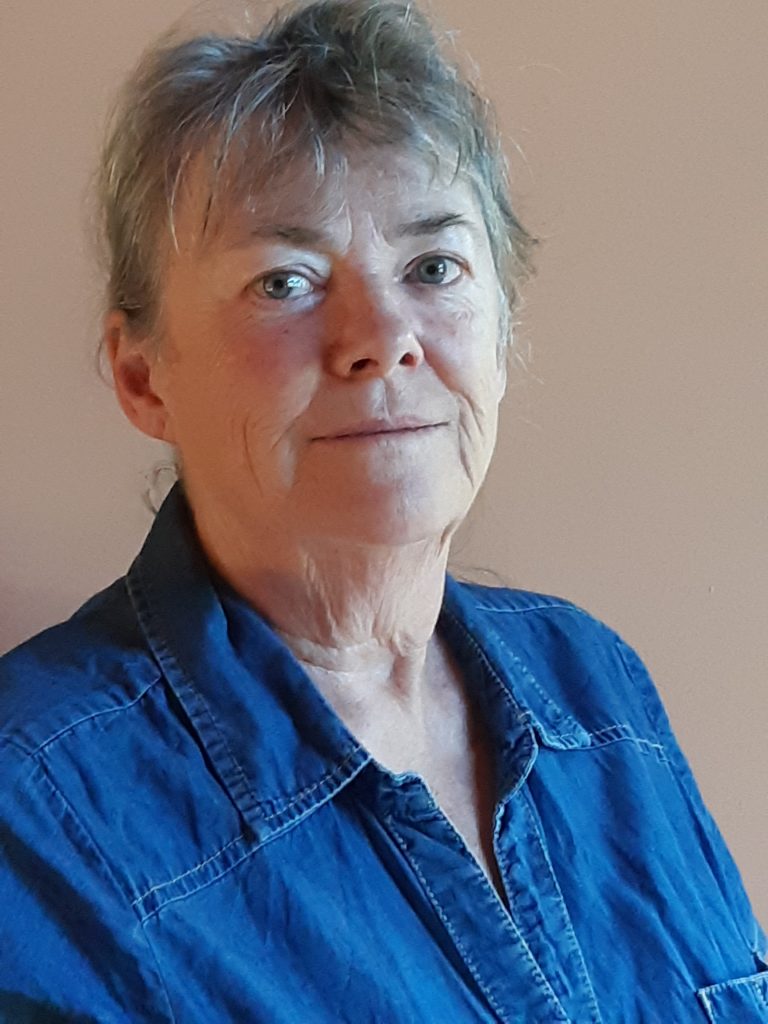MVCA, CLA clash on Bill 229, Schedule 6
WEST CARLETON – Earlier this month, the Conservative provincial government introduced its omnibus budget bill which included drastic changes to the powers of Ontario’s 36 conservation authorities.
The head of Conservation Ontario Kim Gavine called the changes “the most extreme we have seen.”
The legislation takes away the role of the conservation authorities to provide science-based input on development applications, and their cumulative impact on the environment, floodplains and watershed, and puts the power to issue permits for contentious developments directly in to the hands of the Minister of Natural Resources and Forestry (Renfrew-Nipissing-Pembroke MPP John Yakabuski).
“Conservation authorities understand and concur with the need for new housing and reduced timelines, but it should be smart, sustainable development,” Mississippi Valley Conservation Authority (MVCA) board chair Janet Mason released in a statement to West Carleton Online last Friday (Nov. 20). “The government’s approach is a risky path that serves the interests of a few Ontarians over those of all Ontarians.”
Bill 229, commonly known as the Ontario Action Plan, was exempt from the public comment process. The part modifying the Conservation Authorities Act is known as Schedule 6.

“Most of the changes come as a surprise; they were not covered in Bill 108 (May/June 2019) or in subsequent consultations with conservation authorities (CAs) and municipalities throughout 2019 and 2020,” Mason said. “Conservation authorities and their member municipalities want this schedule removed from the omnibus bill so the public and municipal governments can provide input.”
Mason, a Carp resident who is also the chair of the Friends of the Carp Hills, says she has reached out to MPP Dr. Merriliee Fullerton in the capacity of her work with the MVCA.
She says there are two main impacts from the many changes to the CA Act proposed in Schedule 6 including an undermining of the watershed protection role played by CAs, “which is particularly essential for flood and drought mitigation under a changing climate,” and an undermining of municipal governance on CA boards.
“Conservation authorities manage all aspects of a watershed – the water courses, wetlands, forests, shorelines, and municipal landscapes – which combined are a functioning system,” Mason said. “This principle is the scientific basis for the Conservation Authorities Act and works because Mother Nature doesn’t recognize political boundaries.”
The MVCA is responsible for 3,750 square kilometers of the Mississippi River watershed, which runs 200 kilometres in length through eleven municipalities in Eastern Ontario. These municipalities range in size from small rural townships like North and Central Frontenac to growing towns like Carleton Place and Mississippi Mills, to the large, urban City of Ottawa.
“The lakes, waterways, and forests in our watershed support many small businesses that serve cottages, boating, fishing, hunting, and tourism,” Mason said. “Our CA mandate keeps people safe, provides clean, abundant water for drinking and recreation, and ensures lakes and watercourses support the local economy.”
The Carleton Landowners Association (CLA) applauds the new changes issued by the government. CLA President and treasurer Shirley Dolan says it was a combined effort of the province’s landowner associations meeting with the Conservatives to get these changes put through.

“The Ontario Landowners Association worked long and hare with the Ontario government to come up with this and we’re very happy with the results,” Dolan, who calls Woodlawn home, told West Carleton Online Friday (Nov. 20). “And we think the landowners will be too. This discussion has been going on, at least from the perspective of the OLA, for years.”
Dolan says CAs have put “burden and inefficiencies,” on private landowners for years and was pleased the OLA was invited to the table on Schedule 6.
“It was a breath of fresh air to be invited to take part in consultations,” Dolan said of the process that happened just last winter, just prior to the pandemic outbreak. “We sat at the table with other stakeholders and had a very good discussion.”
Dolan says the act’s changes will be “very welcome to private property owners and farmers alike.”
The new provincial direction reduces the amount of enforcement CAs can do.
“The MVCA at times has been reasonable in their approach,” Dolan said. “There are some instances of when we’ve been disappointed with the MVCCA as well.”
Dolan says while some complain Schedule 6 will increase red tape, she disagrees.
“CAs consistently make the process of getting a building permit cumbersome, lengthy and sometimes impossible,” Dolan said. “The onus is always on the property owner to prove they are not in violation. It takes a lot of time and a lot of money. Hopefully CAs will go back to their original mandate of protecting people and property from flooding. We’ve seen the opposite with the CAs. We’re hoping CAs will spend more time working with property owners where now it often appears, they are working against them.”
But Mason fears a lack of oversight on development projects could hurt the environment.
“A change in the CA Act allows the minister, without accountability, to issue a permit for development without a public hearing or scientific evidence or the approval of the responsible CA in the case of a provincially significant wetland,” Mason said. “CAs will be prohibited from participating in the appeals process, which limits their ability to provide technical watershed-based evidence to address local concerns. The proposed changes to the appeals process also add complexity and red tape, and does not streamline the Section 28 planning process.”
For more information on Bill 229 Protect, Support and Recover from COVID-19 Act and Schedule 6, click here. On Nov. 23 the bill was ordered referred to the Standing committee pursuant to the Order of the House.



